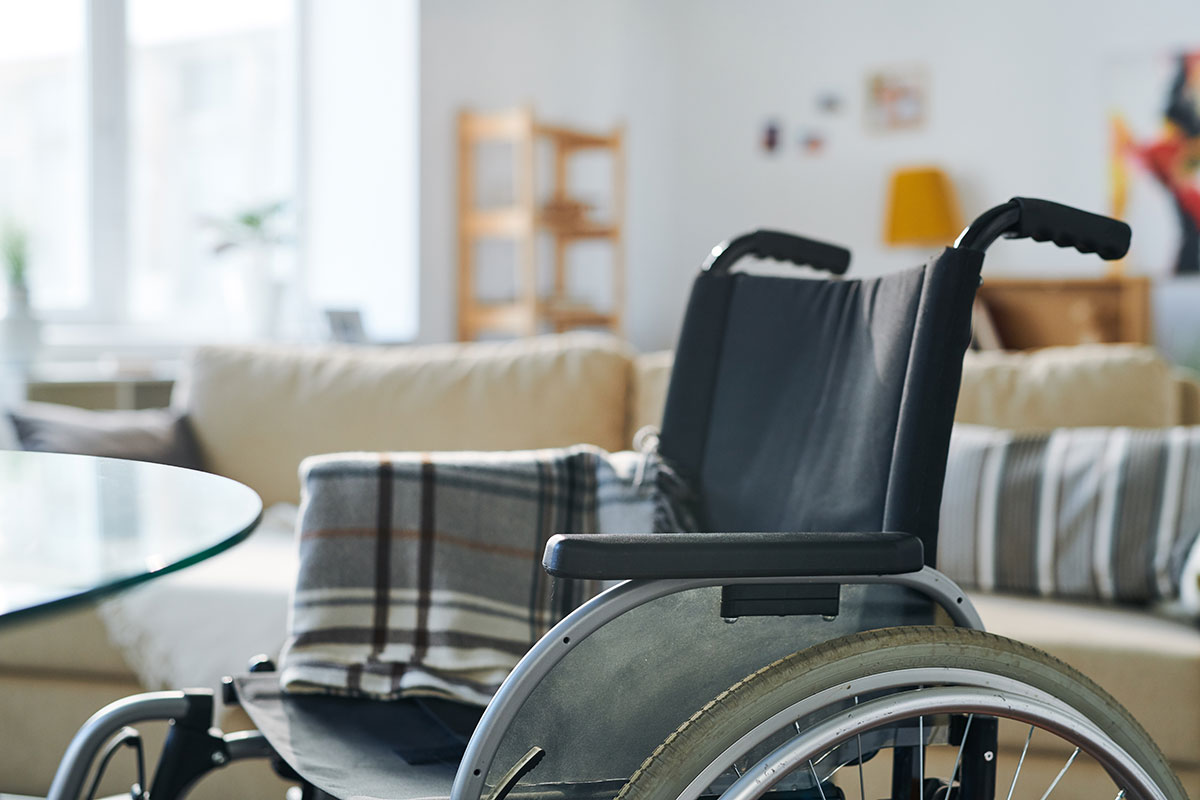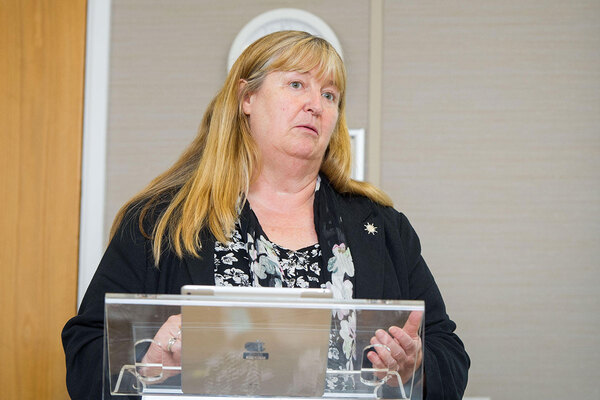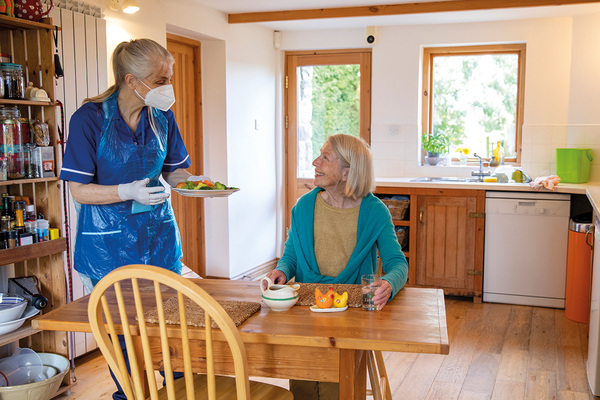You are viewing 1 of your 1 free articles
Government backs plan to make homes more accessible
The government has pledged to make new homes more accessible for both older and disabled people as it published a plan to raise accessibility standards.
Responding to a consultation on standards for new homes, the Department for Levelling Up, Housing and Communities (DLUHC) said it is committed to raising the minimum standard in order to give “people the dignity and security they deserve in their homes”.
Raising the minimum accessibility standard will require all new homes to have step-free access to all entrance-level rooms and facilities as well as further features to make homes more easily adaptable over time.
The proposed change means older and disabled people can live more independently in their own homes, with greater choice and control over their lives, and be able to work, socialise and contribute to society as fully as possible.
The plan will also future proof new homes for successive generations, saving costs associated with moving or adapting homes.
Rough sleeping and housing minister Eddie Hughes said: “Older and disabled people must have homes which are suitable for their needs and allow them to live comfortably and independently.
“This consultation has made clear that raising the accessibility standard of new homes is supported not just by people who use accessible homes, but by industry and wider stakeholders as well.
“With that mandate, we are forging ahead with the next steps to make this a reality.”
Holly Holder, co-chair of the Housing Made for Everyone coalition, said: “We warmly welcome the government’s decision to raise the minimum accessibility standard as a positive step towards resolving the significant shortage of accessible and adaptable new homes in this country.
“Raising the standard of accessibility has the potential to change millions of lives, but only if executed well and with very limited exceptions to the way the revised regulation is applied. Homes with higher accessibility standards benefit everyone, particularly disabled people and older people, and disadvantage no one.”
The DLUHC said that of the 400 responses to the consultation, 98% of people or organisations supported the proposal’s intention to raise accessibility standards of new homes.
The most favoured options were the two that included mandating a higher accessibility standard.
The DLUHC also announced that a second consultation will be held “in due course” which will cover the details of regulatory changes, including updates to statutory guidance and the circumstances where exceptions to applying the higher standard will apply.
Sign up for our care and support bulletin
Already have an account? Click here to manage your newsletters












